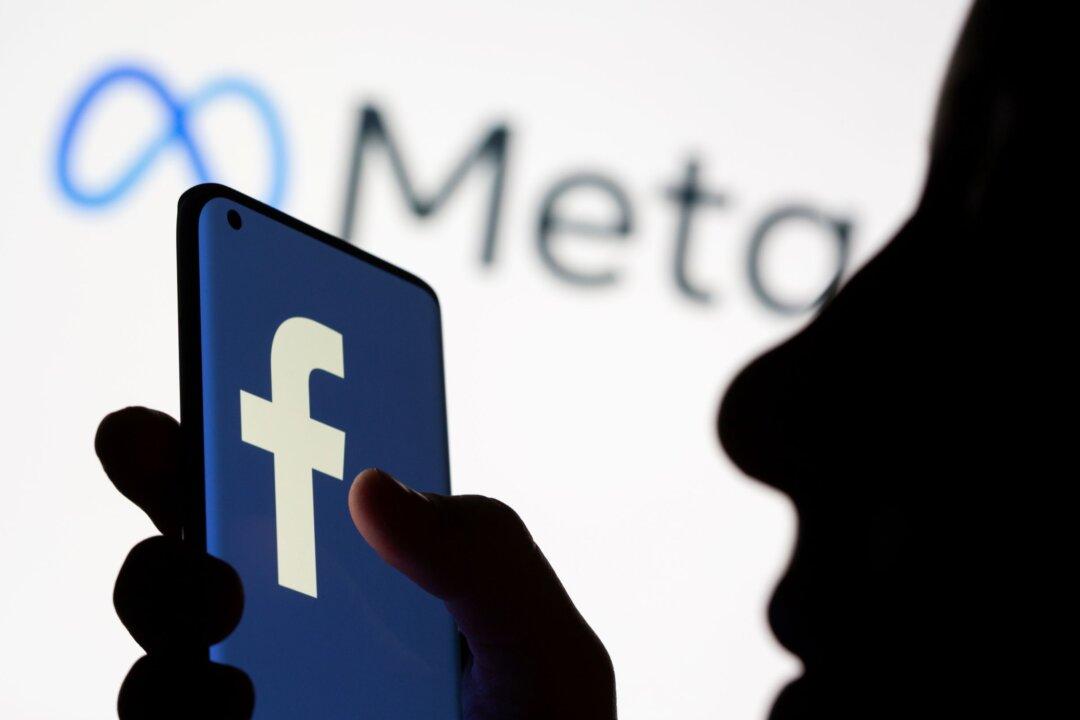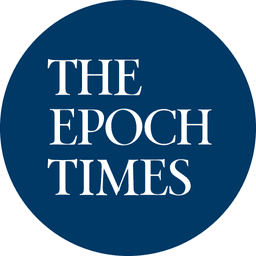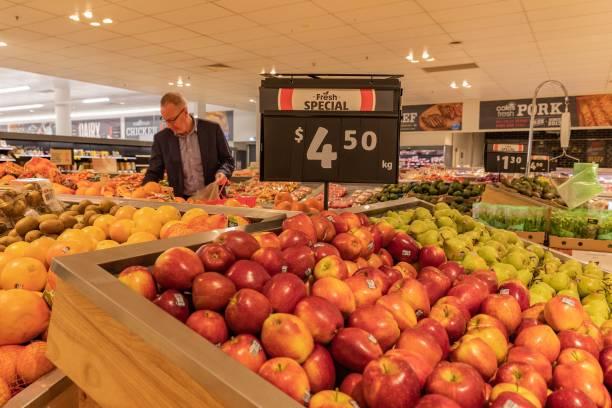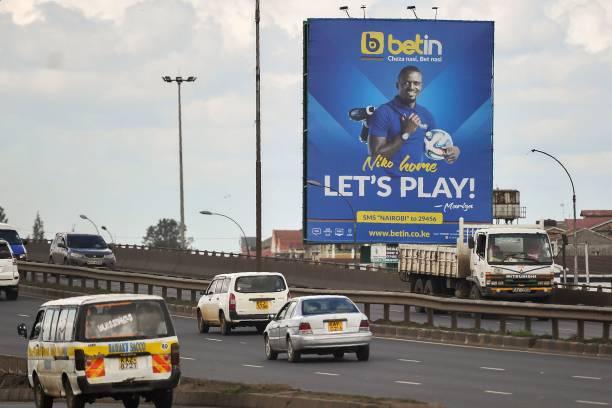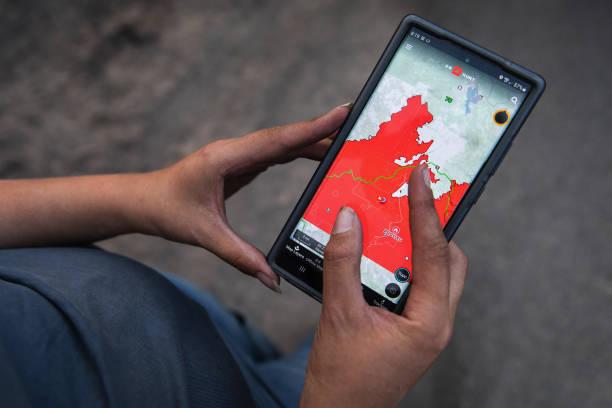Meta has said it will not be fact-checking politicians in the next federal election in Australia as it outlined the company’s extensive plans to limit the spread of “misinformation” and bolster “election integrity” in the upcoming Australian federal election by expanding its fact-checking network.
According to comments obtained by ZDNet, Meta’s Australia’s Head of Public Policy Josh Machin said that politicians’ claims will not be fact-checked.
“The speech of politicians are already very highly scrutinised,” he said.
“It’s scrutinised by [journalists], but also by academics, experts, and their political opponents who are pretty well-positioned to push back or indicate they don’t believe something’s right if they think they’re being mischaracterised.”The Facebook and Instagram parent company has invested considerable resources working with local groups to put together a complete set of election integrity measures, Machin said in a press release from March 15.
